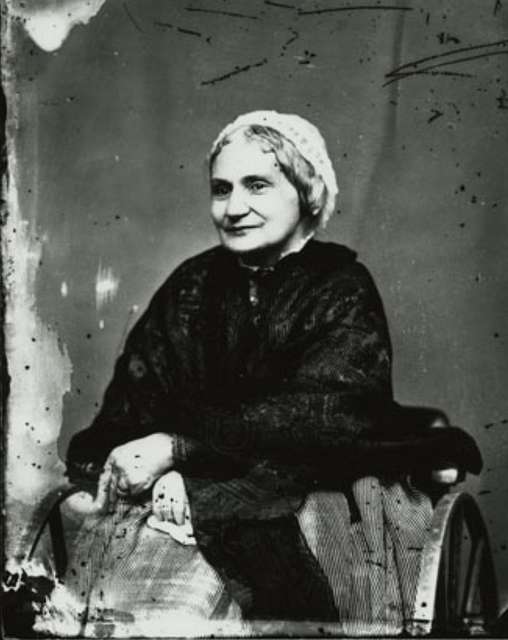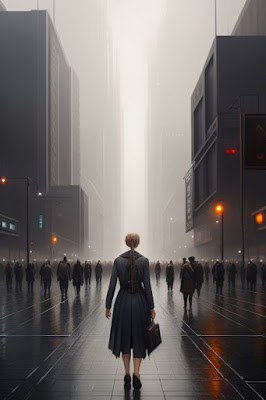Writing historical fiction is an educational and challenging endeavor, but one that is sure to spark creativity. Even if you aren’t specifically writing historical fiction, what you can learn from history can be carried into other genres, embellished, and create a whole new story inspired by true events. For today’s writing prompt, we’ll visit the Civil War era. While it takes place during wartime it’s not a military battle scene. The twist for this prompt is that it steps away from the battleground where the soldiers are maimed and killed and challenges you to write from the POV (Point of View) of a civilian. You can choose the person who wrote the letter or someone else in her circle of influence.
Who What, When, Where, and Why: Civil War Occupation Prompt
- Who is writing the letter? Mary Custis Lee, wife of Robert E. Lee, was born in 1806, and died in 1873.
- Who is the letter written to? Union General Sanford
- When was it written? May 30, 1861
- Why was it written? It describes her distress at the occupation of her home, Arlington House, by Northern troops.
- Where does the story take place? Arlington House (home to the Lees) in Virginia
Incomplete Transcript of the letter
30th May 1861
It never occurred to me Gen'l Sanford that I could be forced to sue for permission to enter my own house and that such an outrage as its military occupation to the exclusion of me and my children could ever have been perpetrated by anyone in the whole extent of this country. I had been warned by an anxious friend that such a design was in contemplation nearly a month ago & advised to remove to a place of safety all my property that was of any value. Still incredulous I complied with his earnest entreaties in regard to the Mt. Vernon relics, plate, & pictures that we could never replace and after a visit of about 10 days to a friend in Fairfax was preparing…
Include three types of conflict
Conflict in a War story is conveyed on three levels:
- External Conflict: Soldiers, environmental pressures
- Interpersonal Conflict: Between your antagonist and protagonist.
- Internal Conflict: This is the struggle within your protagonist.
War stories ascend from the protagonist’s physiological AND emotional needs for safety.
Resources where you can garner information for setting, clothing, etc.
The US Constitution, Third Amendment: “No Soldier shall, in time of peace be quartered in any house, without the consent of the Owner, nor in time of war, but in a manner to be prescribed by law.”.
Sources: (Mary Custis Lee papers. Accession No. 0080-001)







